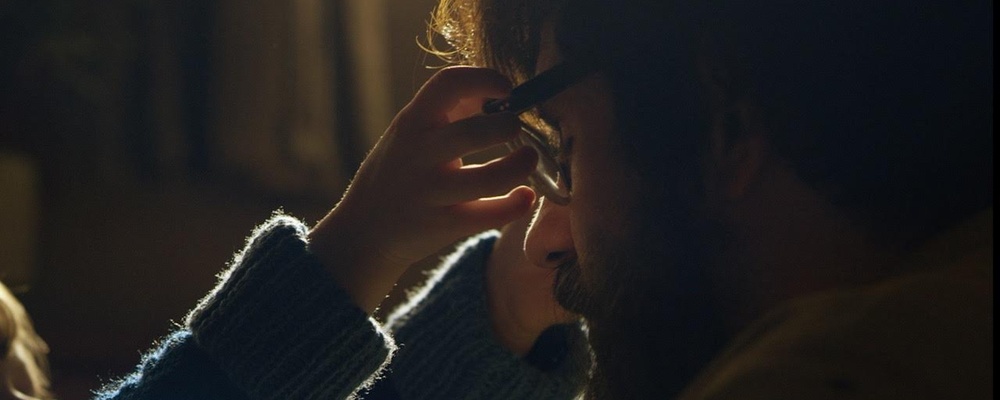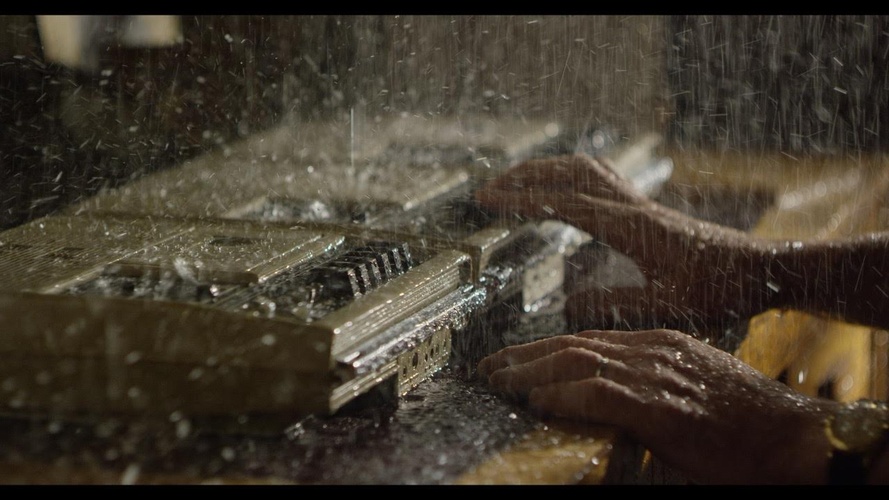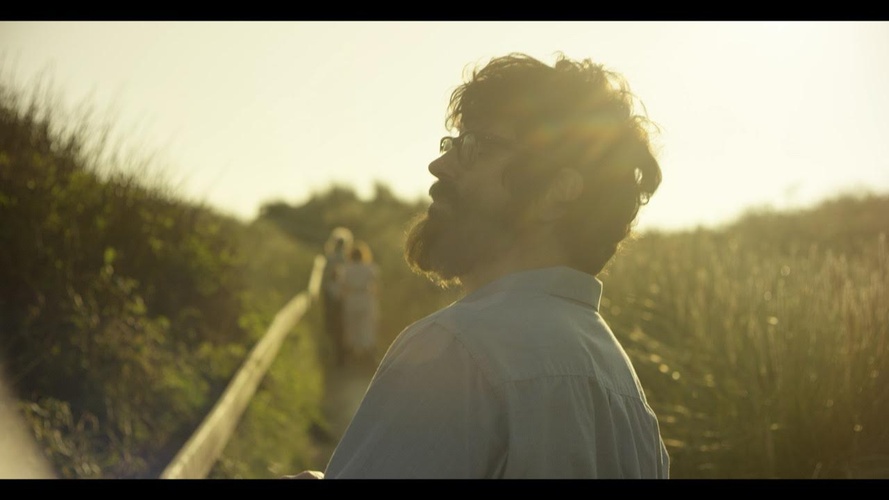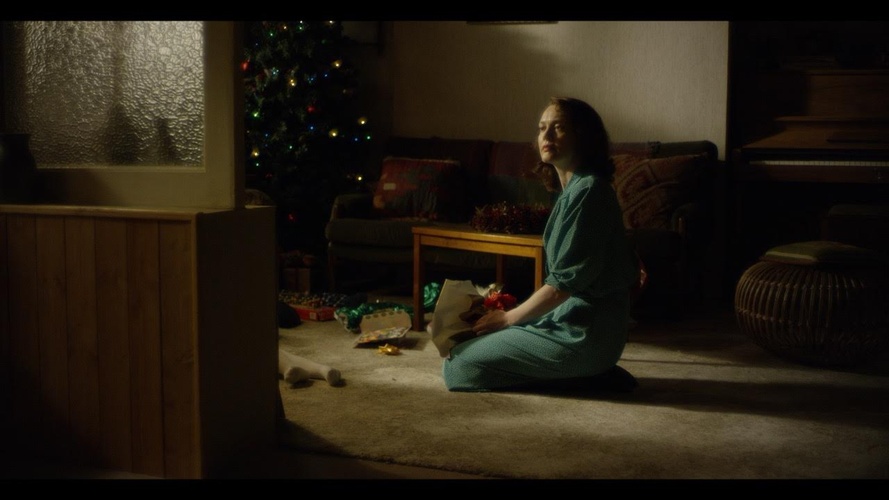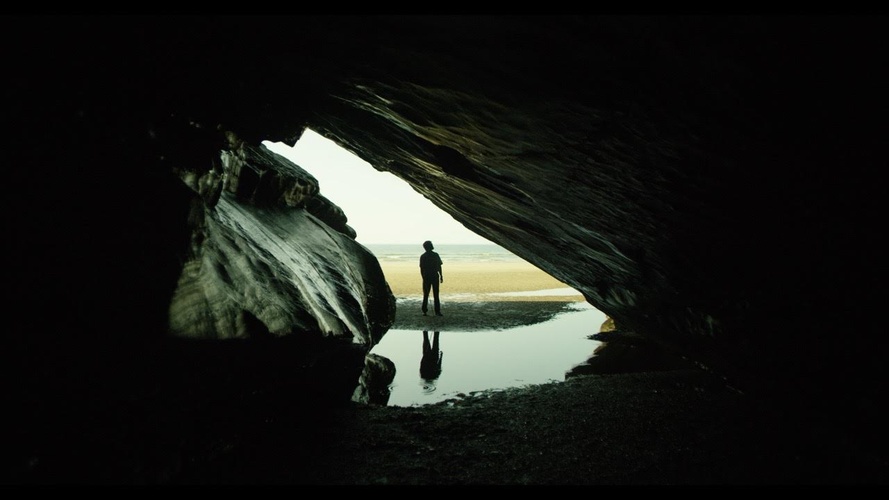SYNOPSIS
After losing sight John Hull knew that if he did not try and understand blindness it would destroy him. In 1983 he began keeping an audio diary...
Early 1981. John Hull, a professor at the University of Birmingham, England, is making a home with his wife Marilyn and expecting their first child. For the past few months he has been marking on his study wall the progress of black disks that have been creeping across his field of vision. By August that year, after a series of unsuccessful operations, just days before the birth of his first son Thomas, John suffers a dramatic collapse of his vision.
Within two years he has lost the last traces of sight. He began keeping an audio diary. Confiding in the tapes as an attempt to make sense of his loss, John identifies the pain of the newly blind as a ‘hunger’. His mind longs for visual stimulation as the lungs gasp for air. His memories, too, no longer replenished and renewed, are forever suspended in the past. By September 1984, John is alarmed to find these precious memories are beginning to fade. He is forgetting what his wife and children look like. To the outside world John appears to be adjusting well, confident in his teaching and writing. But in the tapes, John describes a growing detachment from the passage of time, the progression of day and night, the seasons, the growth of his children. He finds himself ‘drifting away from life’. John wonders whether he will ever be able to accept blindness.
He equates acceptance with defeat, with the breaking of his will, with death. In sleep - his last remaining state of visual consciousness - John is haunted by visions of being cast adrift at sea, of crashing waves sweeping away his children. In another diary entry, John recalls a dream in which he sees the face of his youngest daughter for the very first time. Staring into her eyes, he is filled with a euphoric sense of contact as she meets his gaze. But the image fades. The dream recedes. John wakes once more in blindness, and in darkness. Increasingly isolated, John realises he is experiencing ‘a profound desire to die’. His battle with depression reaches a head in a holiday to Australia in August 1984 – the first time he has returned to his country of birth since losing sight. Unable to reconnect with the landscapes of his childhood - and struggling to communicate with his elderly father - he feels an acute separation from his past self. Returning to England, John is relieved to be in familiar surroundings, to find his world restored.
He feels a renewed sense of belonging, which inspires a new conviction. He will not ‘sink into bitterness and regret’. He will not ‘lose the will to live’. He will ‘fight blindness with his life’. He recognises a profound transformation in his state of consciousness. The world of blindness becomes one of adventure, awakening a new appreciation of sound and touch, an expanding sense of territory and control. Increasingly he now has to remind himself of the very existence of the visual world. Having at first rejected the idea of ever accepting blindness, John finds that his ‘neurological personality has rewired’. He feels ‘more excited, more adventurous, more confident than I have ever felt in my life’. Following the birth of his son Gaby, he comes to view himself not as someone hindered by a disability, but empowered by a new capacity. In a moving diary entry from April 1986 he proposes the notion of blindness as ‘a dark, paradoxical gift’, which after almost five years of refusing, he is now finally able to accept.
Outreach supported:
Our aim is to pilot a new cinematic model whereby multiple soundtracks increase film accessibility for people from across the spectrum of sight loss, leaving a lasting legacy for audiences, filmmakers and distributors to ensure subsequent films are equally accessible to these audiences.
